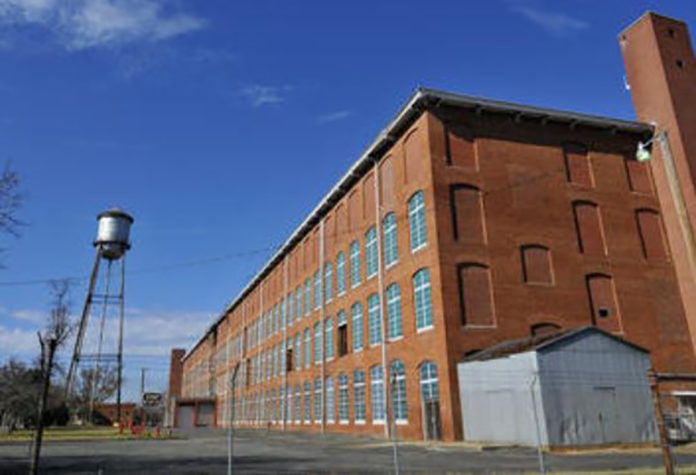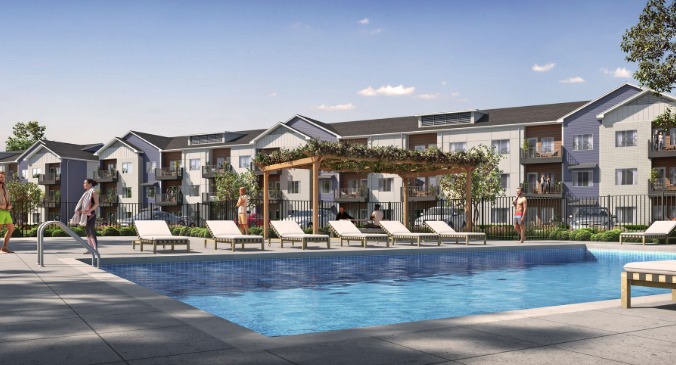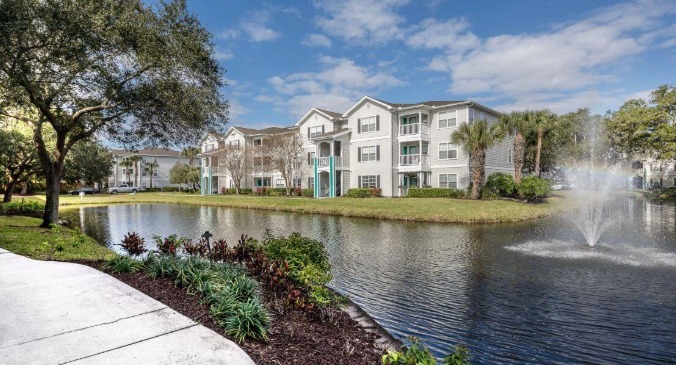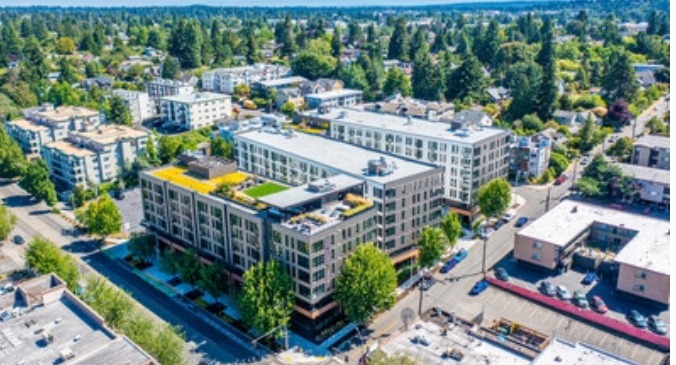It’s truly the year of urban transformation. Developers and investors are on the hunt for deals and markets that provide the potential for profitability—where value add means win-win for everyone, especially renters. Add Woodside Mill to the list of winners.
An area giant falls
The Woodside Mill in Greenville County, S.C. was once the world’s largest cotton factory under one roof. As with many such businesses, it was also the area’s employment hub for over 82 years, feeding the surrounding community as business at the mill grew. While original owners, John T. Woodside and his brothers, lost the mill in the Great Depression, it continued to operate until 1984. Its closure still echoes through the economy of the surrounding community.
Through the years, while other area mills were transformed to apartments and lofts, Woodside Mill sat abandoned. It wasn’t for lack of trying. At least two previous attempts were made to develop the property into market-rate and then senior apartments. These fell through due, in part, to the property’s outer ring location and the projects’ economics not penciling.
Tax incentive stimulates renewal
That’s about to change. The city of Greenville annexed the 17-acre property and provided a tax incentive. The city agreed to freeze the asset’s value at point of purchase in order to get redevelopment moving. Woodside Mill Partners bought Woodside Mill for $4.5 million and the city locked the taxable value in at $709,940 for 20 years.
“We’ve been poking at the giant for a decade,” said Mayor Knox White. The Mayor has focused on annexing Woodside Mill and others for redevelopment for some time now.
Woodside Mill Partners will invest nearly $35 million as its part of the deal, using state and federal tax credits available for redevelopment of historic properties. Woodside Mill Partners has redeveloped other mills using similar tax incentives. These include the Loray Mill in Gastonia, N.C., a virtual replica of Woodside Mill, which also opened in 1902.
Urban transformation on the way
The largest part of the mill will be converted to 302 loft-style rental apartments. The mixed-use project would also include commercial space, retail, an event venue and 25,000 sq. ft. that has yet to be determined but could include a brewery. While the property won’t be developed under Federal guidelines for affordable housing, rents are projected at mid-level for the area.















